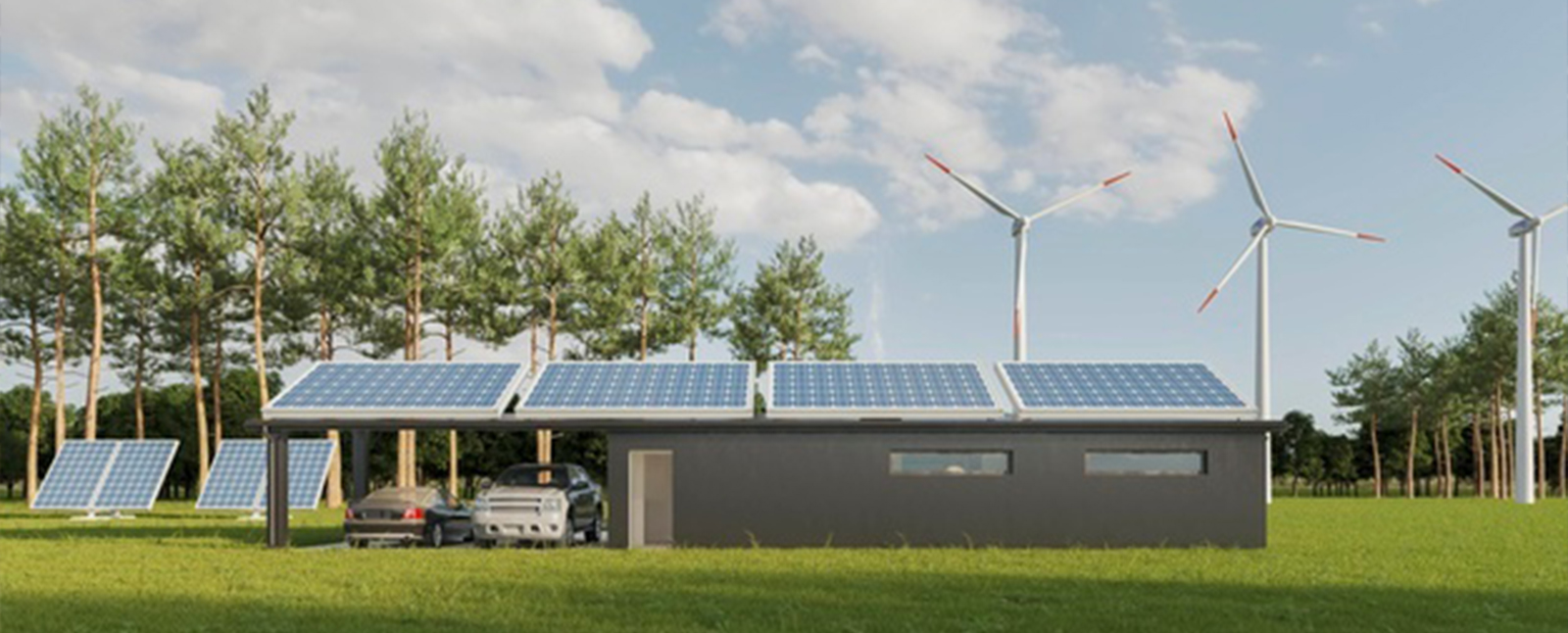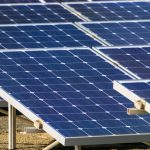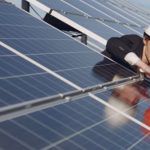
10 Things to Consider Before Getting Started with Solar
The solar PV system is a sophistically organized array of solar panels combined with an inverter to harvest solar energy. More and more households are opting for residential solar installations. Nevertheless, as a consumer, one must make wise decisions and should bear the following must-know points in mind before going solar.
Table of Contents
Things to Consider before Going Solar
1. Energy Consumption Habits:
One must run a thorough analysis of the previous 12-18 months of energy consumption. This should include the variations in energy usage owing to seasonal changes, modifications in the facilities at the site, electricity utility rate, employment of utility incentives, consideration of TOU (Time of Use), etc. All of these factors shall affect your solar PV system’s size that you should opt for from your residential solar installers.
2. Energy Resiliency and the Cost of Grid Downtime:
Energy resiliency is the ability to prepare for and adapt to changing conditions, thereby recovering rapidly from power disruptions. This is governed by the activities you run, services you provide, etc. One must know and accept that a solar power source is not capable of supplying power in situations of a utility grid power outage. Check each and every points before going solar and hire the best professionals.
3. Site for the Solar Setup
The site, for its fitting, majorly limits solar installments. There are three basic options – a rooftop, a ground mount, or a carport. For a rooftop installation, its age and type act as essential factors. For ground mount, the type of soil is a vital governing factor, while for carport systems, their clearance dimensions are a crucial contributor.
4. Weather Conditions
Its evident knowledge that the solar installations would be at the mercy of mother nature. They are prone to damage by climatic events of hail storms, snow, rain, wind, ice, and lightning. Hence, it would be sage to gain assurance on all the protection aspects of your PV panels with your residential solar installers. An appropriate insurance plan for the same would be a great start.
5. Building Codes and Utility Regulations
All constructions and installations should be legit. Be well-learned of the prevailing NEC (National Electricity Code) implementations in your locality.
6. Transmission Type and Distance
Your expense will increase if your solar panel installment site is far from the location where you wish to supply the power. To top it, the mode of its transmission will also add its own cost. Hence, one must select their site of installations after considering the factors mentioned earlier.
7. Local Labor Rates
Labor rates vary from one locality to the other. Hence, it would help if you worked towards getting protected against risks on the fluctuations in labor availability, compensation, and insurance. You may hire a Residential Solar Company to apply his knowledge of both commercial and utility-based solar during your solar PV installation.
8. Tax Implications
Make sure you don’t overlook the tax implications of your solar project thoroughly, else it may adversely affect your long-term project return on investment (ROI). One may be taxed upon by two categories of taxes – the sales taxes during the purchase (that we all foresee) and the sales tax upon additional assessments of the property (that we all overlook).
9. Finance, Local Exemptions, and Applicable Incentives
Installation of solar PV arrays is a costly affair and may demand outside finance. You may wish to look upon a bunch of factors before picking your best financial solution. These factors include the upfront cost (so obviously), the ownership, tax credits, maintenance, insurance, reliability factor, performance risk, and the term of financial aid.
10. Operations and Maintenance (O&M)
All are set, all are installed. Now the installed solar panels need to be operated and maintained regularly, hired Residential Solar Company and employing effective O&M strategies to boost your bottom line and your returns on investment dramatically.
So, before diving into a long-term investment such as residential solar installments, make sure you evaluate all the factors that affect it. It will give excellent returns only if you study and plan greater! Choose the best professionals before Going Solar.
Most Popular Blogs:








